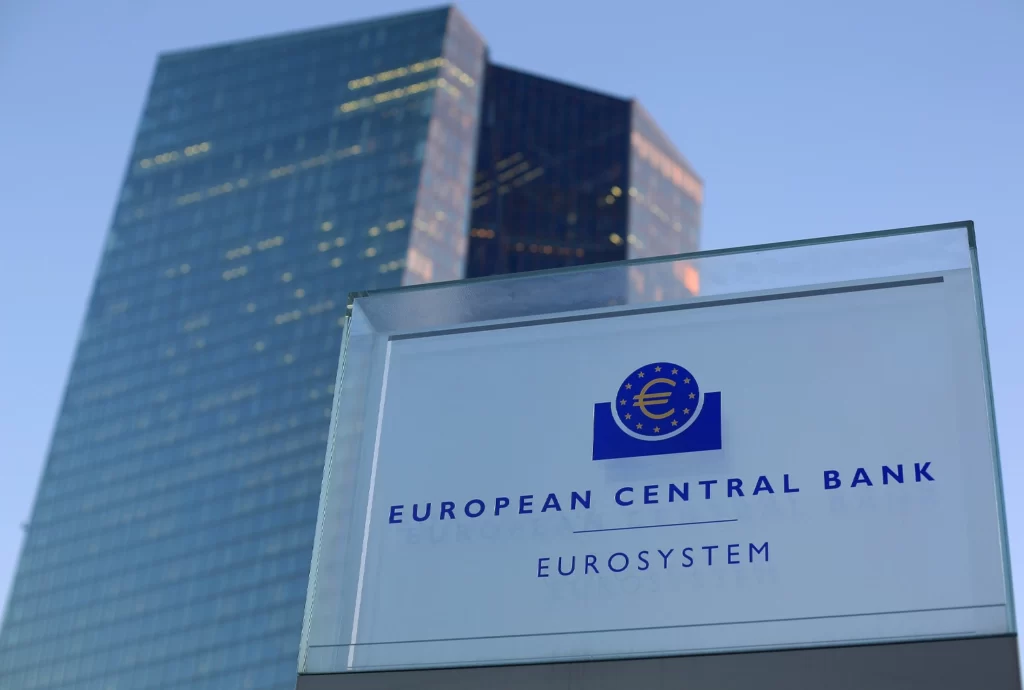European Central Bank (ECB) wants to find the finest cross-border payment system because it serves the 19 eurozone countries.

In a recent study on choosing the best cross-border payment method, the European Central Bank (ECB) declared central bank digital currencies (CBDCs) the winner over rivals including banking, Bitcoin (BTC), and stablecoins, among others.
Given that it acts as the central bank for the 19 member states of the European Union that have embraced the euro, the ECB has an interest in determining the optimum cross-border payment option. As the most well-known unbacked crypto asset, Bitcoin was referred to in the paper “Towards The Holy Grail of Cross-border Payments.”
It all comes down to the settlement method of the extremely volatile asset, according to EBC, who also notes that:
“Since the settlement in the Bitcoin network occurs only around every ten minutes, valuation effects are already materializing at the moment of settlement, making Bitcoin payments actually more complicated.”
The study found that “The underlying technology (and in particular its “proof-of-work” layer) is inherently expensive and wasteful” despite highlighting Bitcoin’s inherent scaling and speed issues. It also failed to take into account the timely upgrades, Taproot and Lightning Network, that enhance the network performance.
However, because of their superior compatibility with foreign exchange (FX) conversions, the ECB recognized CBDCs as a better choice for cross-border payments. The maintenance of monetary sovereignty and the simplicity of rapid payments through intermediaries like central banks are two key benefits noted in this regard.
According to Australian central bank Governor Phillip Lowe, a private solution for cryptocurrencies “is going to be superior” as long as risks are reduced by regulation, in contrast to the ECB’s dependence on CBDCs.
Strong rules and official support help ward off problems associated with crypto adoption, said Lowe, who added:
“If these tokens are going to be used widely by the community, they are going to need to be backed by the state or regulated just as we regulate bank deposits.”
According to Lowe, private businesses “innovate” the best features for cryptocurrencies “better than the central bank.”
